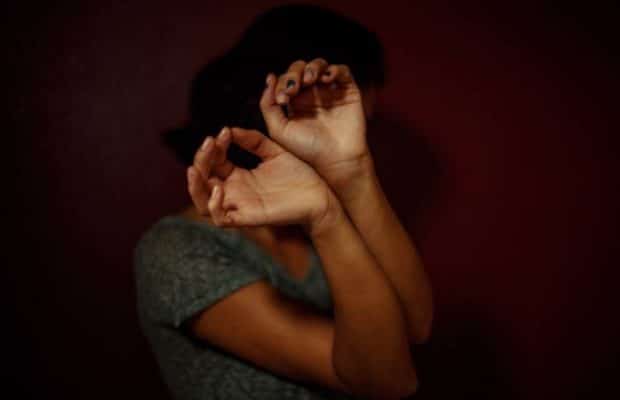
Gender based violence is an epidemic in the United States. One in four women will be impacted by domestic violence in her lifetime; every day three of these women will be murdered by her intimate partner. One in three girls is a victim of physical, verbal or emotional abuse in the United States. Every two minutes another American is sexually assaulted.
If these statistics aren’t alarming enough, women of color experience even higher rates of violence and have a harder time accessing much-needed resources. As one of the largest providers of domestic violence services in the nation, YWCA knows this only too well. We work at the intersection of racial justice and gender justice every day, serving over 530,000 survivors every year throughout our 215 YWCA associations. Our work motivates us to be even more committed to addressing the unique challenges faced by survivors of color.
From the outset, racism puts survivors of color at a disadvantage. Black women experience intimate partner violence at a rate 35 percent higher than that of white women, and about 22 times the rate of women of other races. Sixty percent of Black girls will experience sexual abuse before the age of 18. Beginning as early as elementary school, girls of color who have experienced trauma are over-policed and over-criminalized within school systems, leading to higher engagements with juvenile justice systems. These girls are victimized by sexual violence at an earlier average age, and for a longer average duration, than other forms of abuse. In fact, 90 percent of girls in juvenile justice systems are survivors of violence.
These early instances of racism and gender based violence have devastating personal and community impacts later in life. Long-term, these factors also intersect with other forms of oppression such as discriminatory hiring practices and the strain of navigating racism, which help to explain some of the factors leading to high rates of intimate partner violence in communities of color. But they also help to explain why women and families of color, who are more likely to live in poverty, have fewer resources available to help them leave violent situations or to seek care for the violence they have suffered. Many women of color, particularly Black women, feel they cannot trust law enforcement to intervene on their behalf when they experience domestic violence because police can oftentimes escalate, rather than diffuse, the situation.
For survivors who are undocumented or belong to targeted groups, such as Muslim survivors (and those perceived to be Muslim) or Latinx survivors, help can be limited. Survivors are often forced to decide between violence at home, and deportation, detention, and/or separation from their children. The Trump administration’s aggressive targeting of these groups only makes the situation even more dire. In fact, earlier this year, an El Paso woman was arrested by ICE officers while at the courthouse filing a protective order. No survivor should have to make the choice between abuse and arrest. New immigrants, even if they have all the required documentation, still face a bevy of challenges from culturally competent services to language barriers and potential isolation.
In the face of these growing challenges, YWCA stands as a champion for women and families, providing safe housing, legal aid, and programs that heal and empower them to start a new life. But we can’t do it alone — we need to expand the number of people who are informed, engaged and willing to join us in our pursuit to end domestic violence. We all have a role to play to stem the tide of violence in our homes and our communities. You can help by advocating for policies and community based responses that make a difference:
- Ensure that legislation and policies to prevent gender-based violence and to support survivors are inclusive of all victims and survivors.
- Increase collaboration between community service providers across a variety of issues areas (like housing, health, employment and domestic violence) to improve justice system responses to survivors.
- Expand the availability of support services for survivors to address unmet needs.
- Expand the list of perpetrators covered by orders of protection to close the loophole that currently permits abusers to access guns.
- Pass safe leave legislation to allow survivors to take time off from work without penalty to receive medical attention, make court appearances, seek legal assistance, and get help with safety planning for themselves or immediate family members.
Until a world without violence exists, we must all work to ensure that survivors of violence have access to the resources they need, and the safe environments they deserve to be able to heal themselves and their families, especially those most marginalized in our society. We know first-hand that there can be no gender justice without racial justice and that empowering all women makes racial justice work necessary and imperative.
Week Without Violence is part of a global movement to end violence against women and girls with YWCAs across the country and around the world. At YWCA, we know that not all violence is acknowledged or responded to equally. That’s why, for more than 20 years, YWCA has set aside one week in October as a Week Without Violence. Join us from October 16 to 20 as we hold events, share information and stories, advocate, and more with a common goal in mind: together, we can end gender-based violence.
For more information about YWCA Week Without Violence go to: ywcaweekwithoutviolence.org
For more information about YWCA, go to: www.ywca.org


